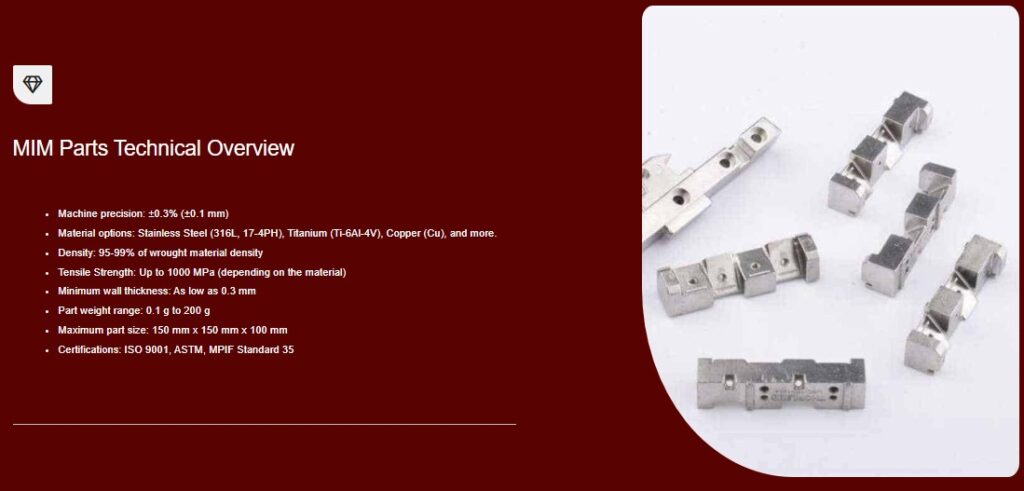Introduction: Building Stronger Health Systems Together
Community health centers, or Puskesmas, are the backbone of Indonesia’s public healthcare system. These centers provide primary care, preventive services, maternal and child health programs, and essential treatments to millions across the archipelago. However, the challenge of limited resources, growing population needs, and the vast geography of Indonesia requires strong partnerships to ensure sustainability and efficiency. One such vital partner is Apia Indonesia, an organization committed to empowering communities and supporting health systems. Through collaboration with Puskesmas and other stakeholders, Apia Indonesia plays a pivotal role in strengthening healthcare delivery and ensuring healthier futures for Indonesian families https://apiakalimantanutara.org.
Supporting Preventive and Primary Care Services
A strong healthcare system begins with preventive care. Apia Indonesia has partnered with community health centers to promote education, awareness, and early detection of diseases. By organizing health campaigns, community workshops, and regular check-ups, Apia encourages proactive healthcare rather than reactive treatment. This helps Puskesmas reach more families with vital information on nutrition, hygiene, immunization, and maternal health.
For instance, vaccination drives supported by Apia Indonesia ensure that children are protected from preventable diseases, while maternal health programs equip expecting mothers with the knowledge and resources they need for safe deliveries. This preventive approach not only reduces long-term healthcare costs but also improves the overall health outcomes of communities.
Enhancing Accessibility in Remote Areas
Indonesia’s geography—spanning thousands of islands—poses unique challenges for healthcare access. Many remote villages lack proper medical facilities, leaving populations vulnerable to untreated illnesses. Apia Indonesia addresses this gap by working closely with community health centers to extend services to underserved areas.
Mobile health units, telemedicine initiatives, and partnerships with local volunteers are some of the innovative approaches that Apia supports. These initiatives allow Puskesmas to provide essential care such as health screenings, consultations, and distribution of medicines to populations who would otherwise face significant barriers in accessing healthcare. By bridging the accessibility gap, Apia ensures that geography does not determine health outcomes.
Capacity Building for Health Workers
Another crucial aspect of Apia Indonesia’s contribution lies in capacity building. Community health centers often face shortages of trained healthcare professionals and lack updated resources. Apia steps in by facilitating training programs, workshops, and skill-development initiatives for health workers.
These programs focus on enhancing diagnostic skills, improving patient care, and keeping staff updated on the latest medical guidelines. With Apia’s support, midwives, nurses, and community health volunteers become better equipped to serve their patients effectively. This professional development ensures that Puskesmas staff are not just frontline workers but also empowered agents of change in their communities.
Strengthening Community Engagement
Effective healthcare requires active participation from the community. Apia Indonesia emphasizes community empowerment by encouraging residents to take part in health decision-making processes. Through forums, educational campaigns, and advocacy, Apia helps communities voice their concerns and collaborate with Puskesmas in finding solutions.
For example, community-driven health initiatives such as clean water projects or child nutrition programs often emerge from this participatory model. When people feel ownership over health initiatives, they are more likely to adopt healthier behaviors and support the sustainability of programs. Apia’s role in fostering this engagement strengthens the bond between healthcare providers and the communities they serve.
Innovation and Technology in Healthcare Delivery
In the modern era, technology is a powerful tool in improving healthcare. Apia Indonesia recognizes this and works alongside community health centers to adopt digital solutions. From electronic health records to mobile apps for patient reminders, technology improves efficiency, reduces errors, and enhances patient follow-up.
Telemedicine, in particular, has proven to be transformative for Indonesia. With Apia’s involvement, Puskesmas can connect patients in rural areas with specialists in urban hospitals, ensuring timely diagnoses and treatment without the burden of travel. These innovations not only improve care quality but also reduce inequalities in the healthcare system.
Addressing Public Health Challenges
Indonesia faces a wide range of health challenges, from communicable diseases like tuberculosis and dengue to lifestyle-related issues such as diabetes and hypertension. Apia Indonesia collaborates with Puskesmas to design targeted interventions for these challenges.
For instance, Apia supports awareness campaigns about non-communicable diseases, encouraging regular health screenings and promoting healthier lifestyles. Similarly, during outbreaks or pandemics, Apia provides critical resources—such as protective equipment, testing kits, and emergency response strategies—to ensure that Puskesmas can respond swiftly and effectively.
Partnership for a Sustainable Future
The partnership between Apia Indonesia and community health centers is not only about addressing immediate health needs but also about building a sustainable foundation for the future. By focusing on education, accessibility, technology, and community engagement, Apia ensures that healthcare delivery evolves with the changing needs of society.
Moreover, this collaboration aligns with Indonesia’s broader vision of achieving universal healthcare coverage. By empowering Puskesmas with resources, knowledge, and innovation, Apia strengthens the national health infrastructure and supports the government’s mission of providing equitable healthcare for all citizens.
Conclusion: A Shared Mission for Better Health
Apia Indonesia stands as a key partner in the journey toward healthier communities across the nation. Its role in enhancing preventive care, improving accessibility, empowering health workers, and driving innovation has made a profound impact on the effectiveness of community health centers.
By continuing this partnership, Indonesia moves closer to achieving its goal of universal health access. Ultimately, the collaboration between Apia Indonesia and Puskesmas reflects the power of shared responsibility—where government, organizations, and communities work hand in hand for a healthier, stronger, and more resilient Indonesia.




